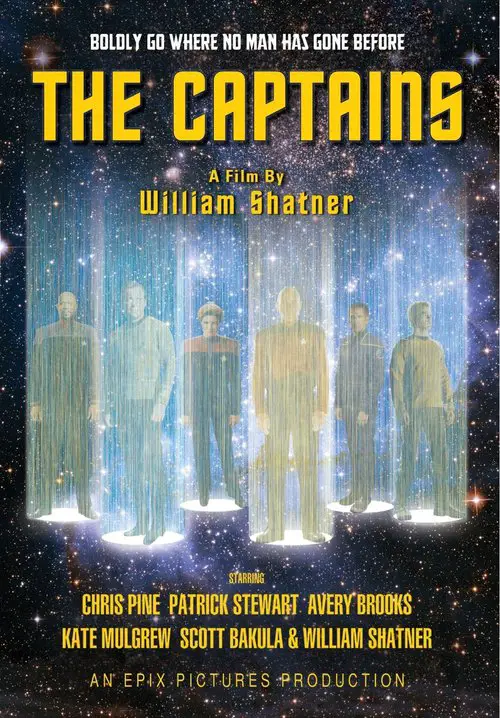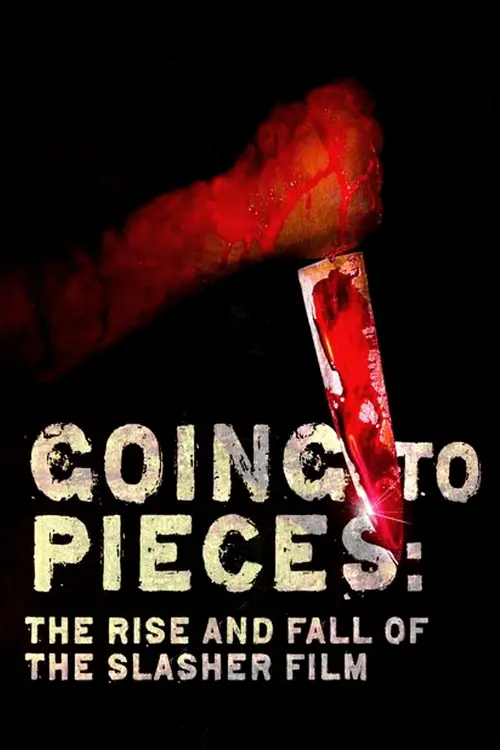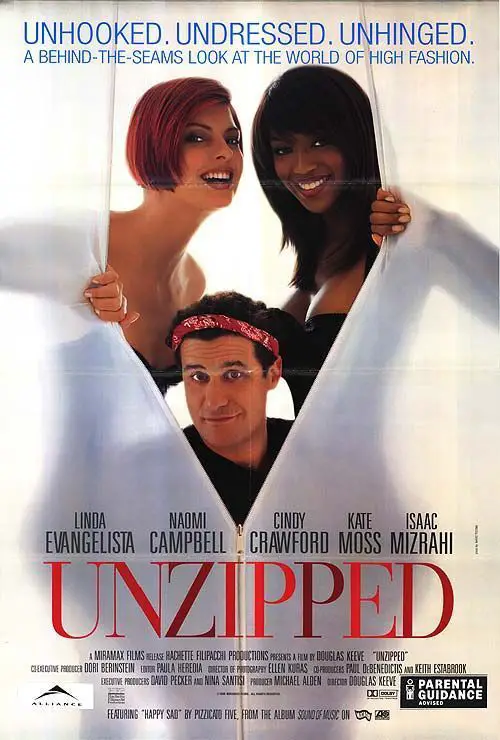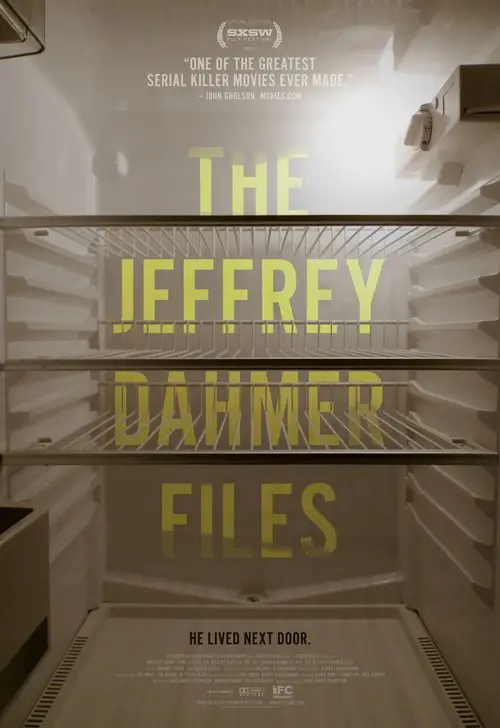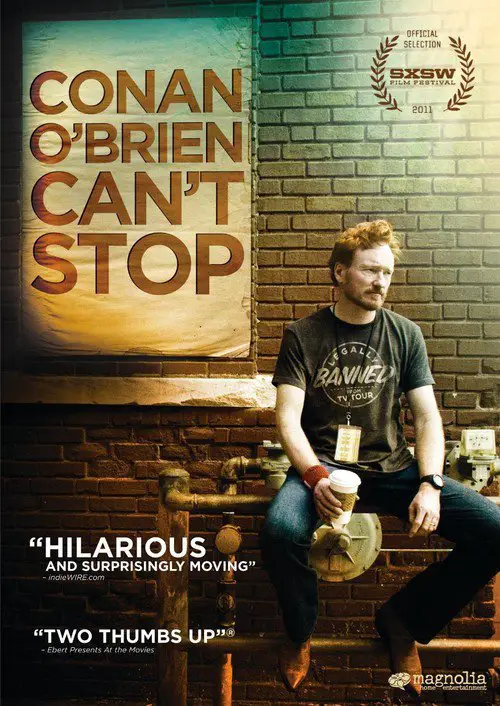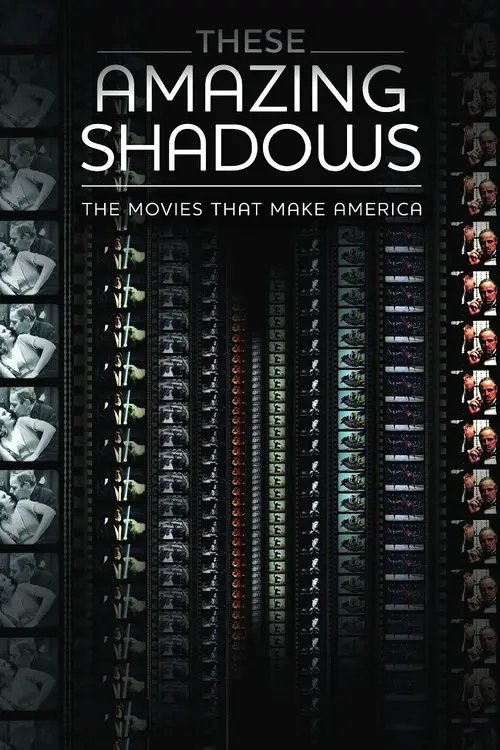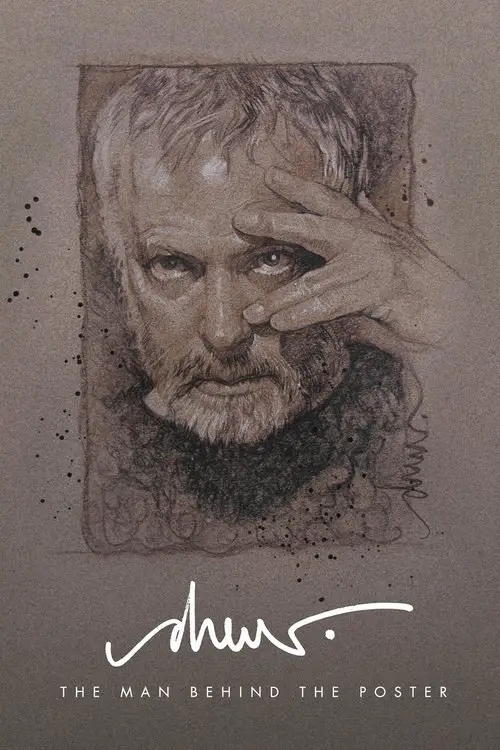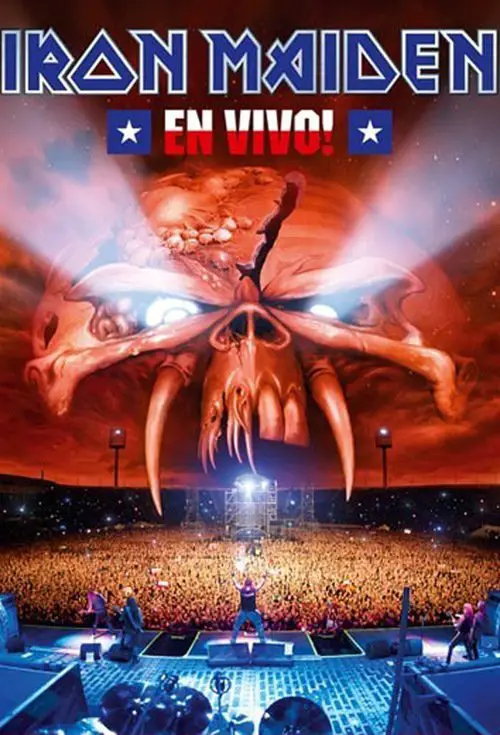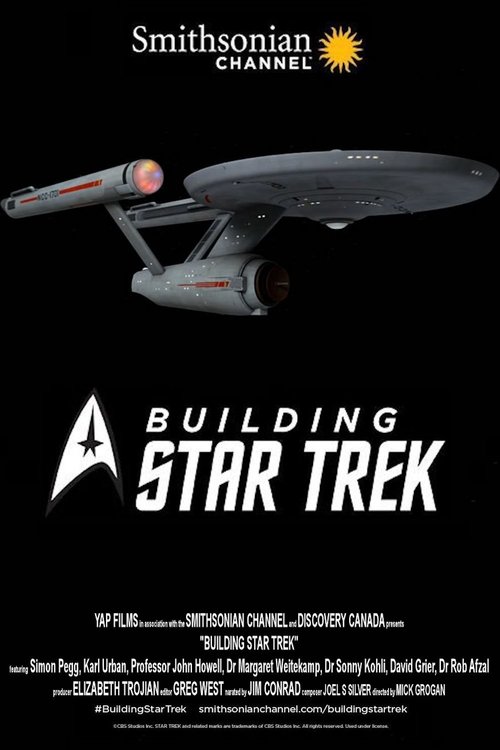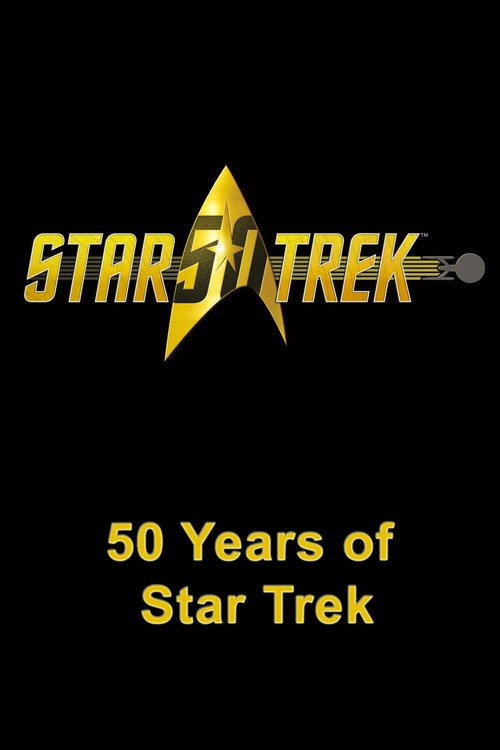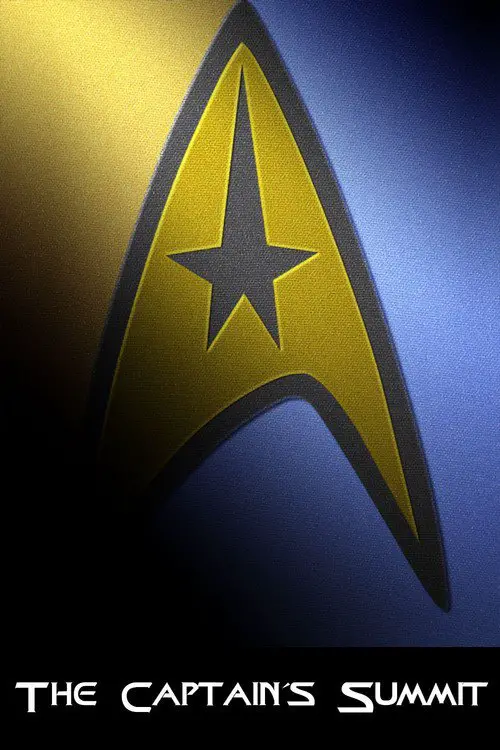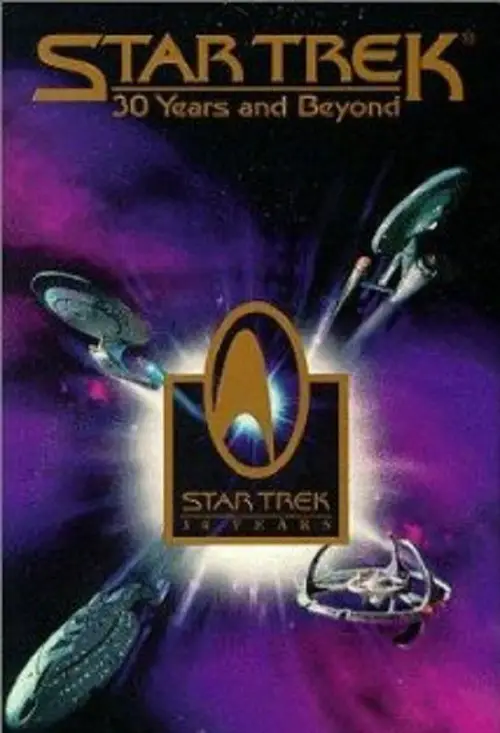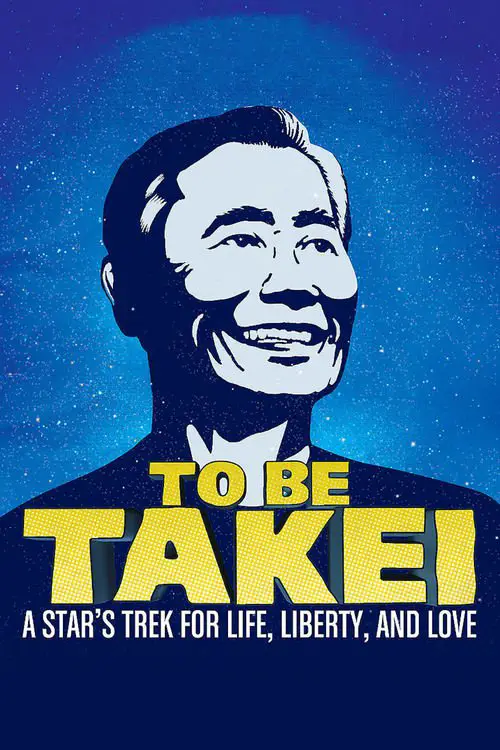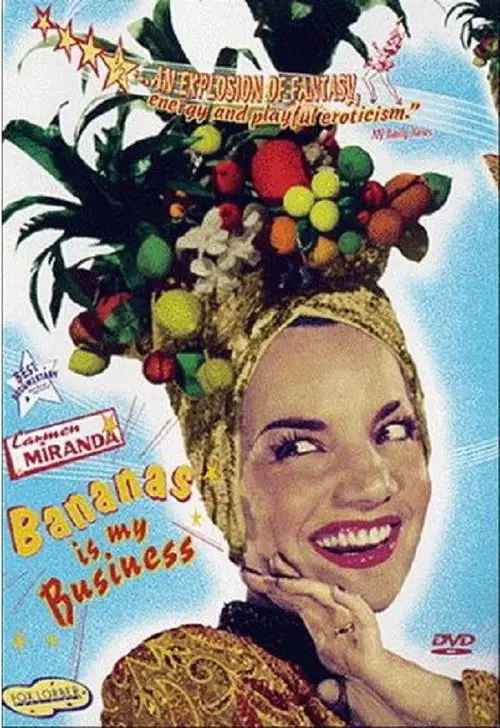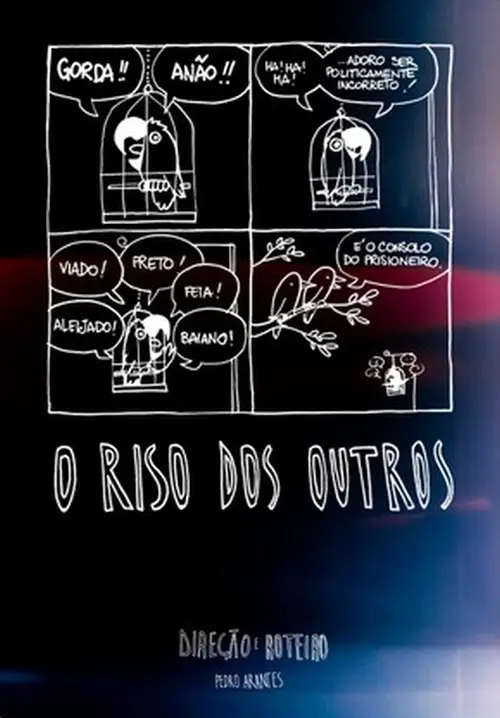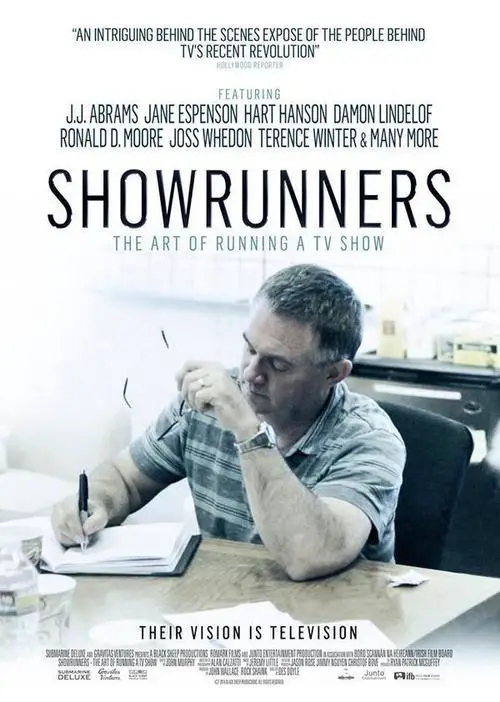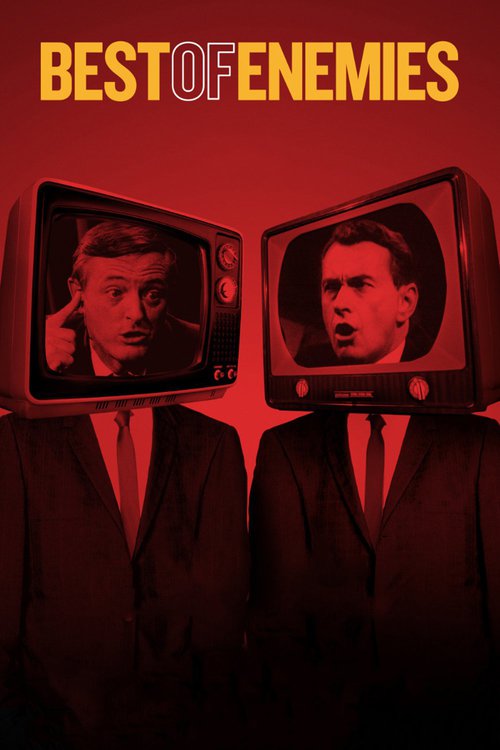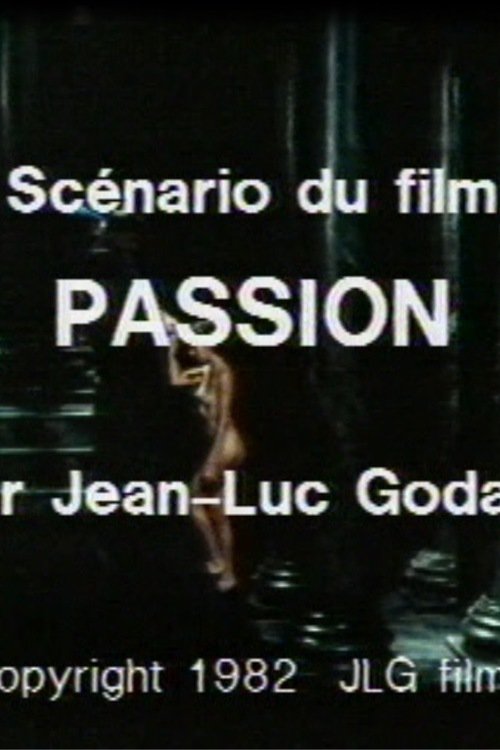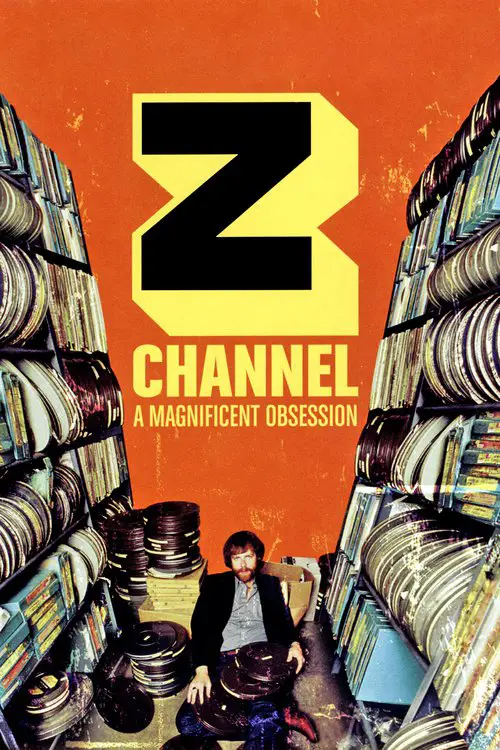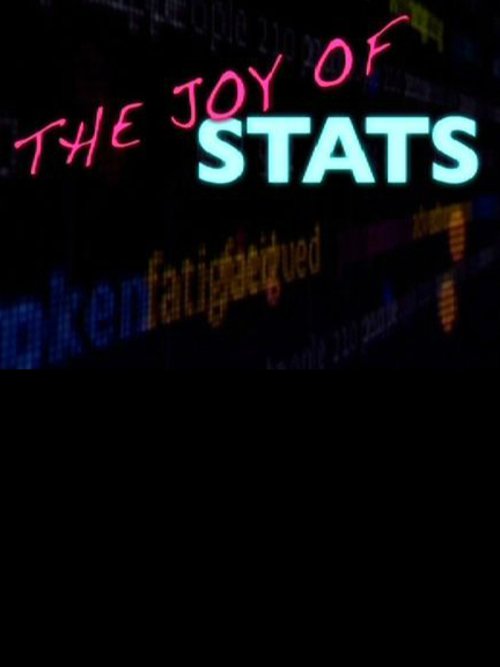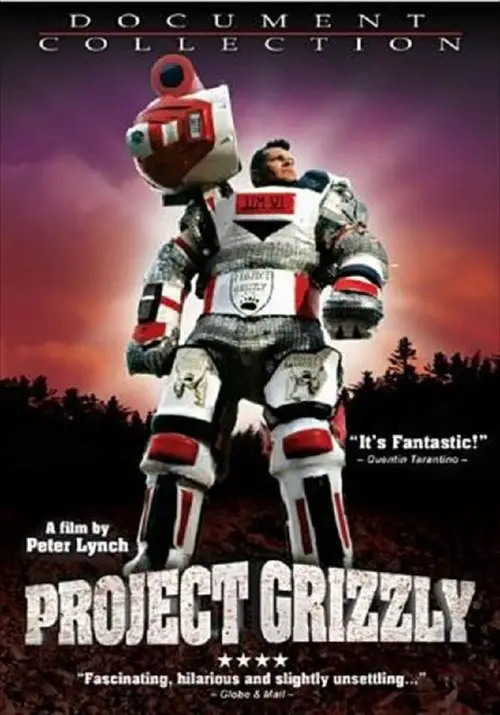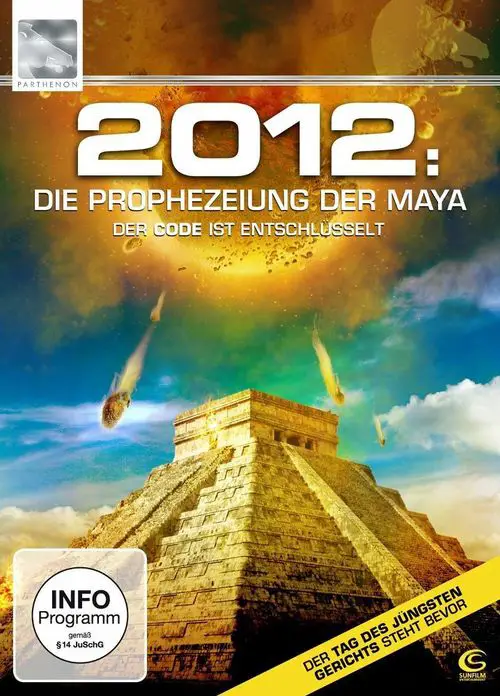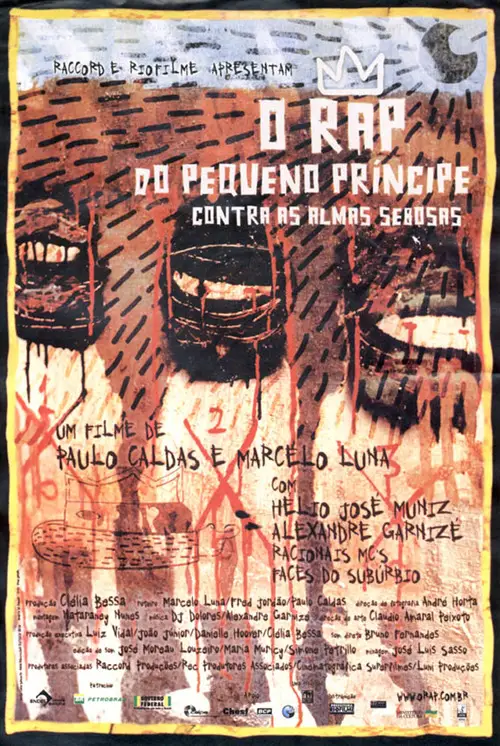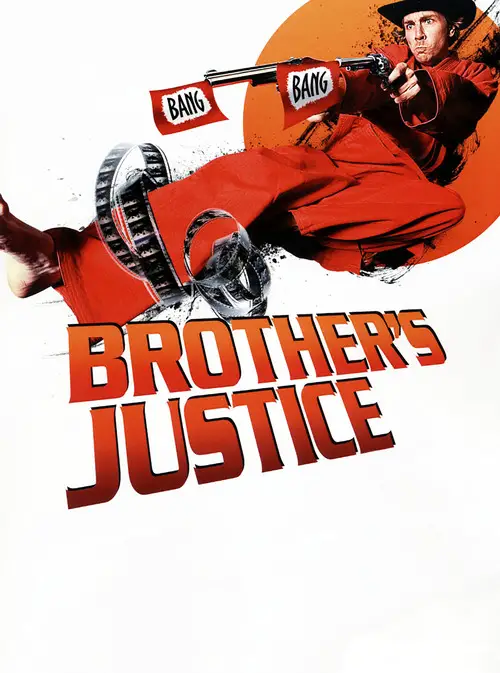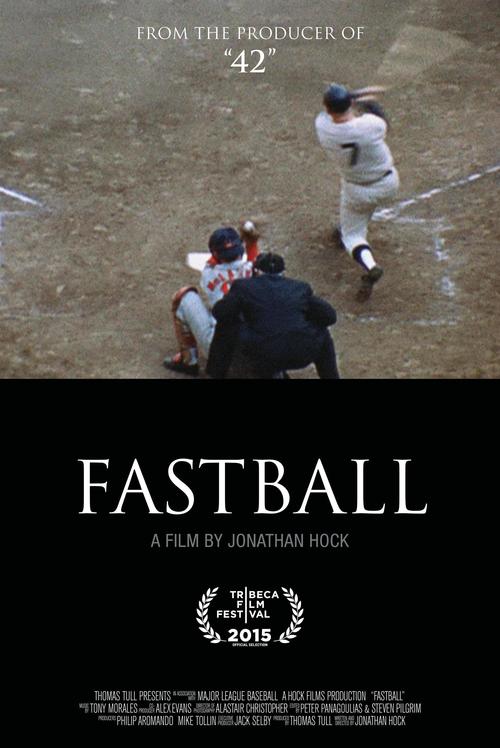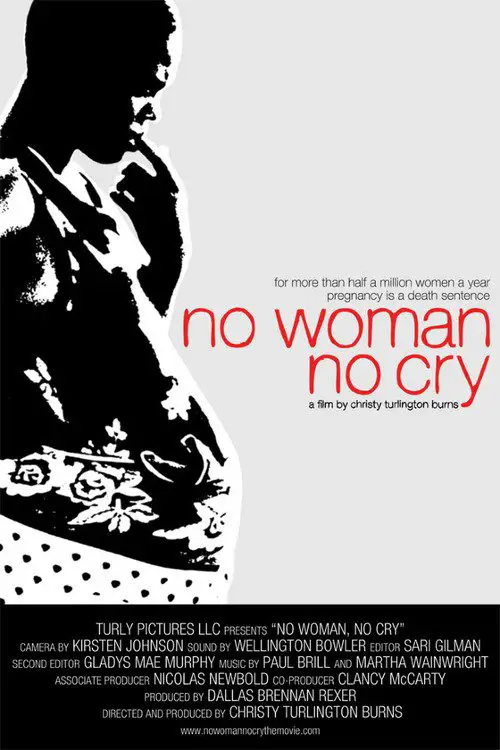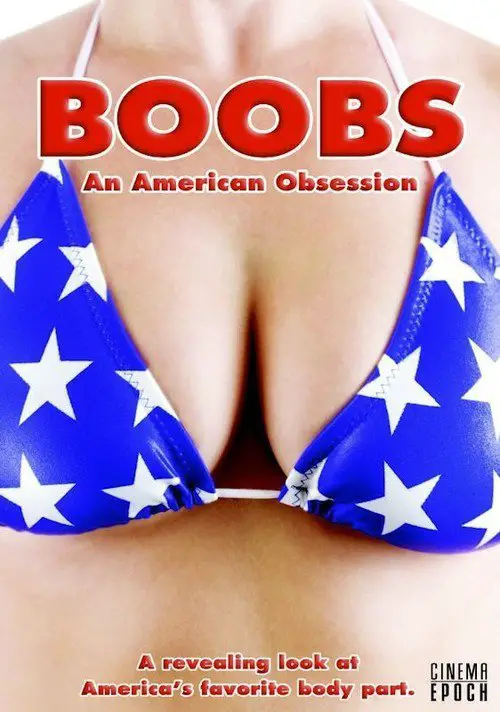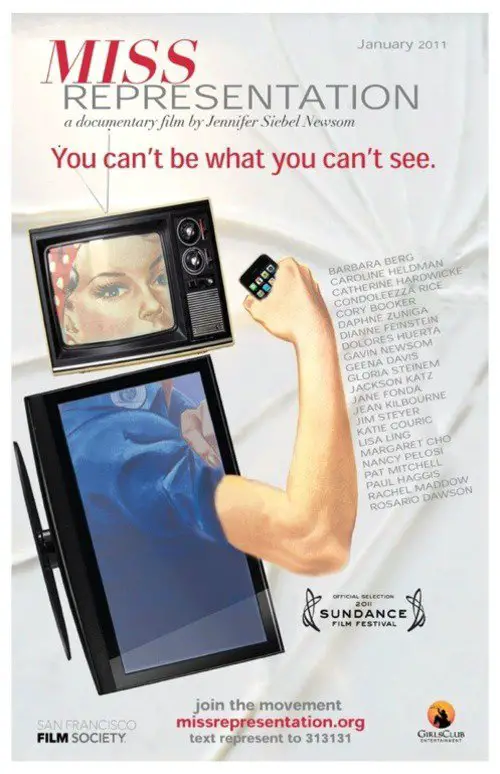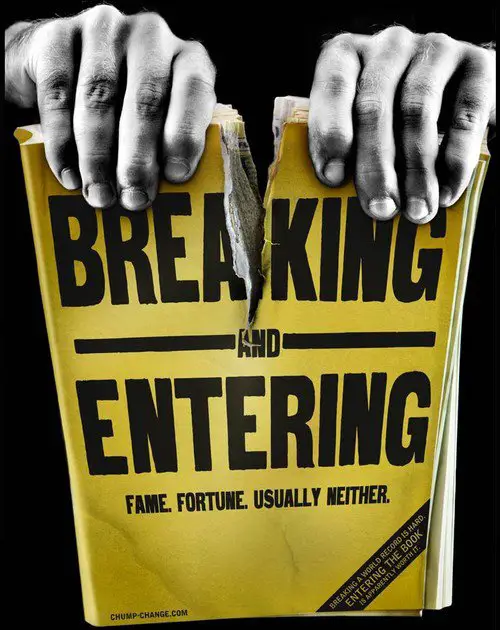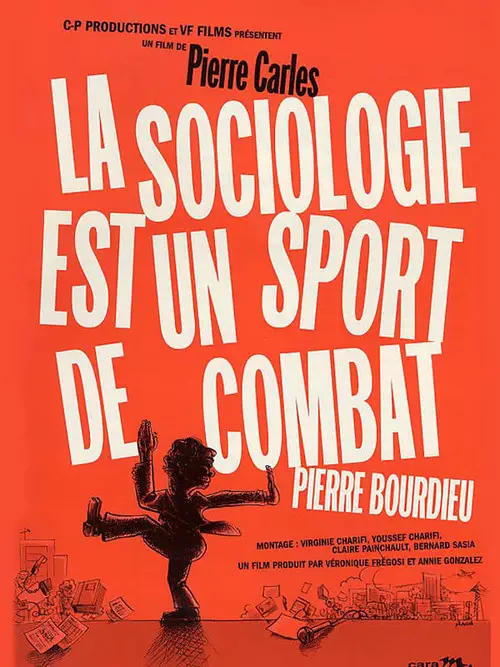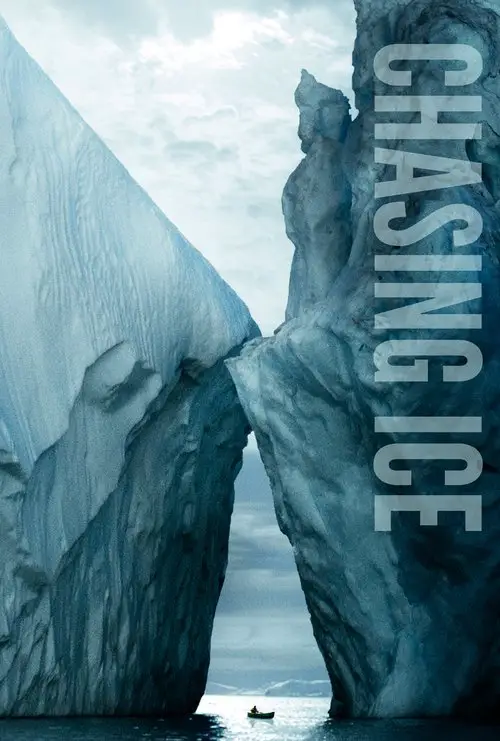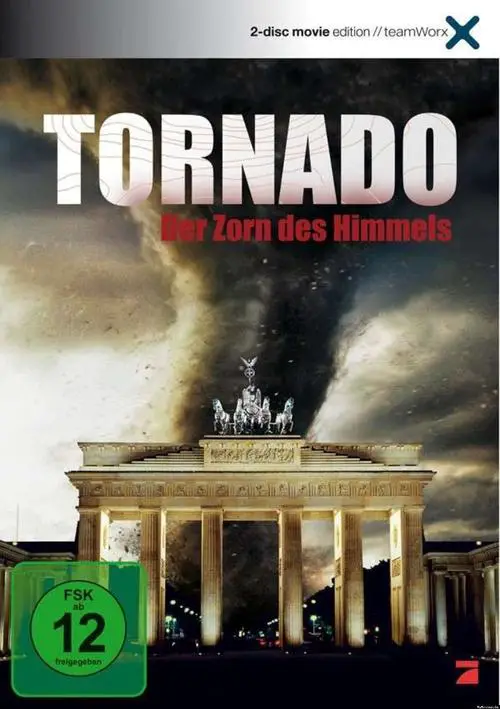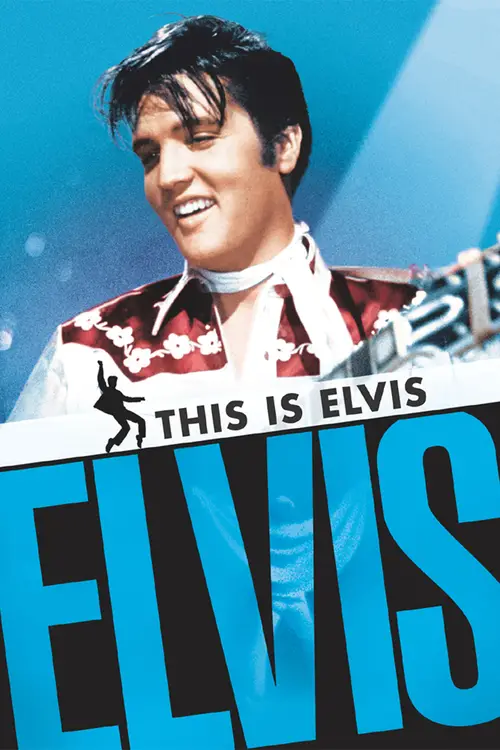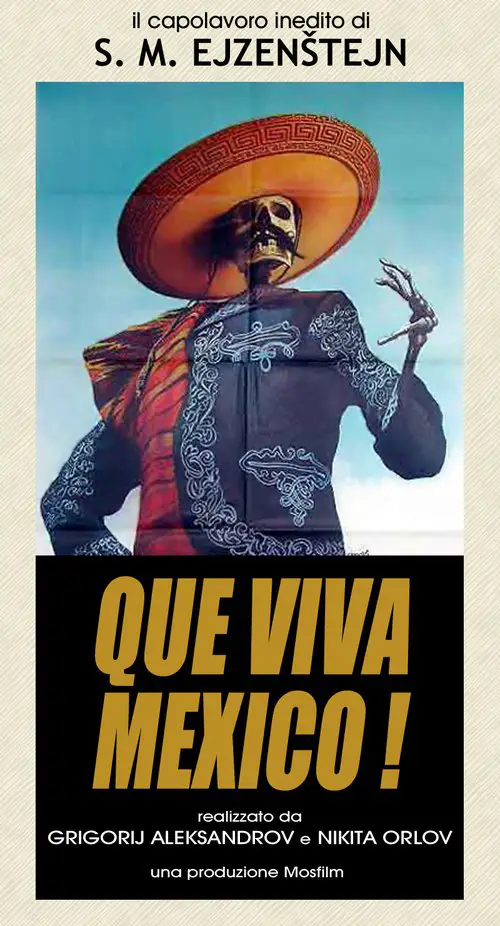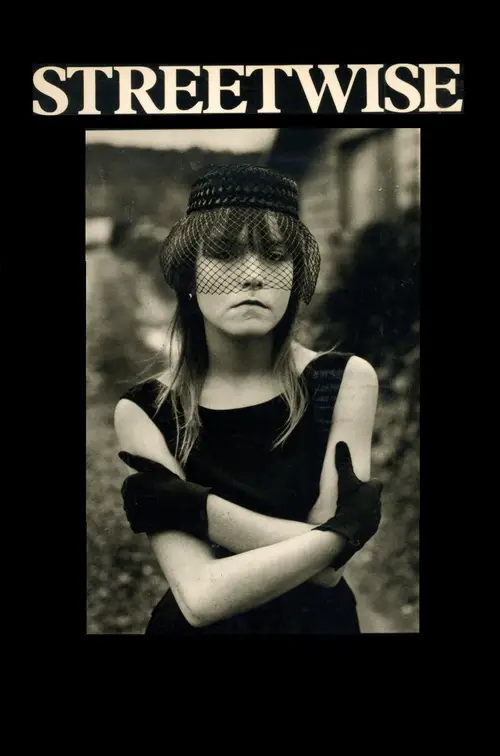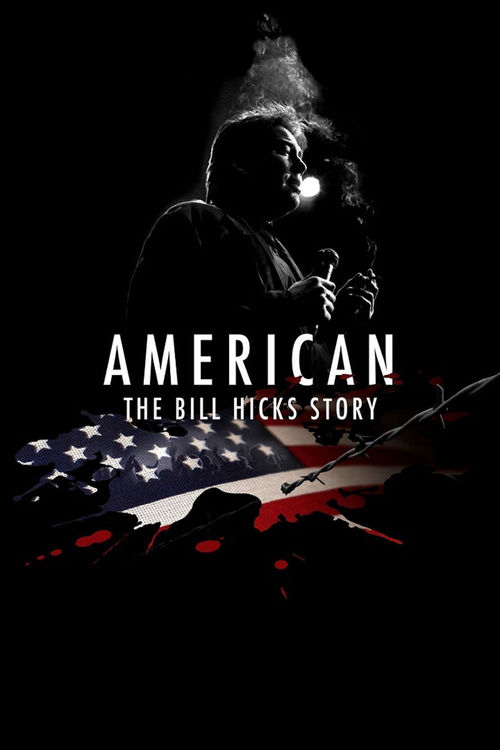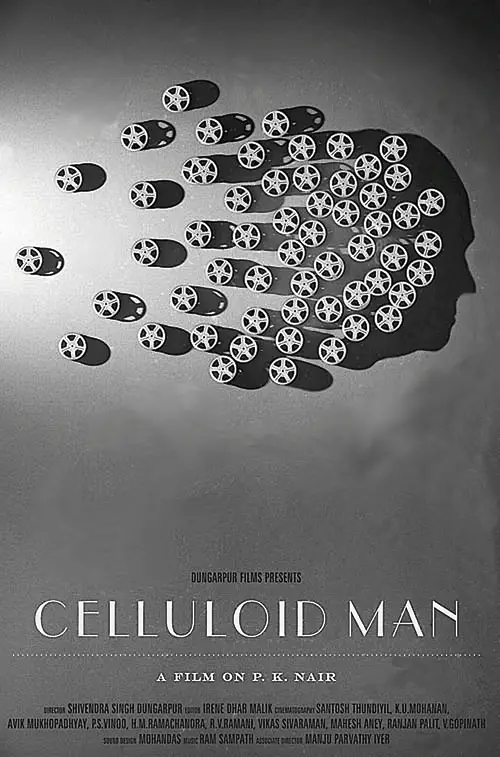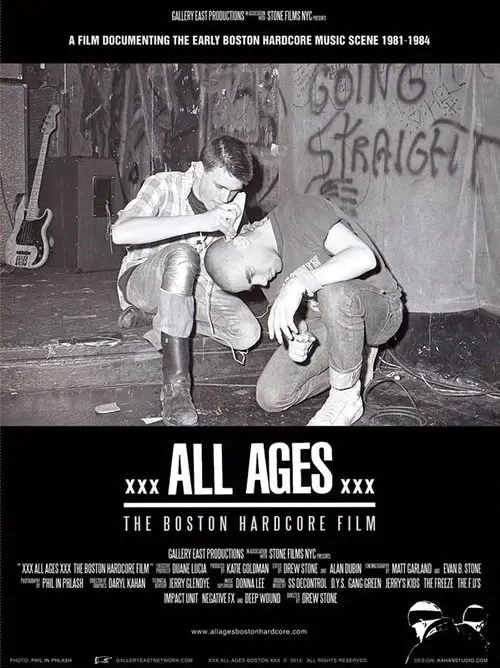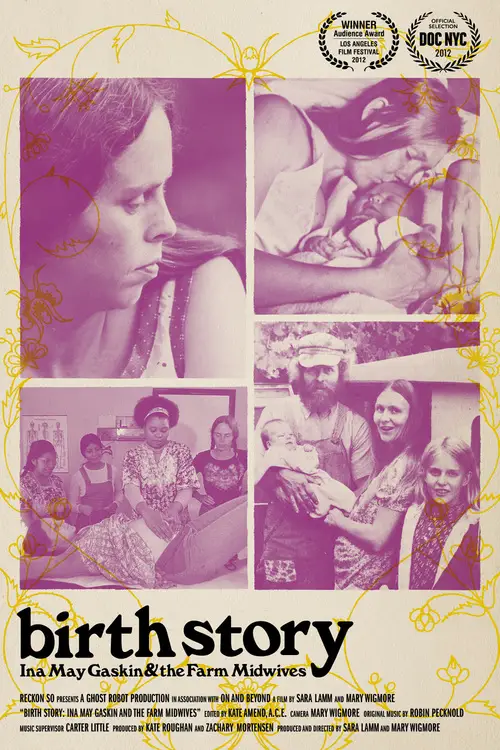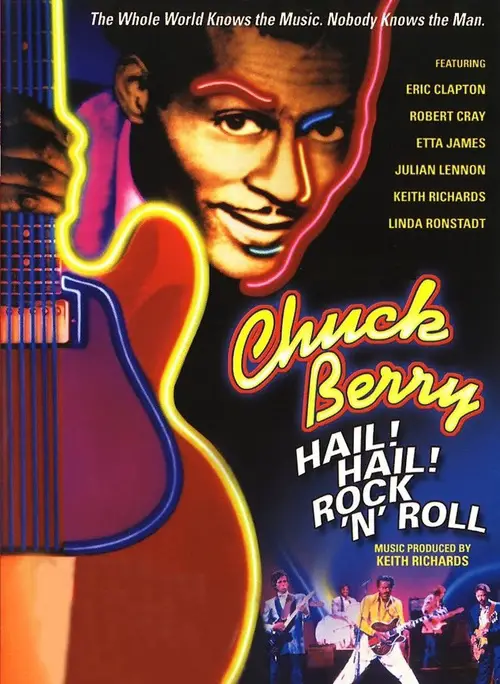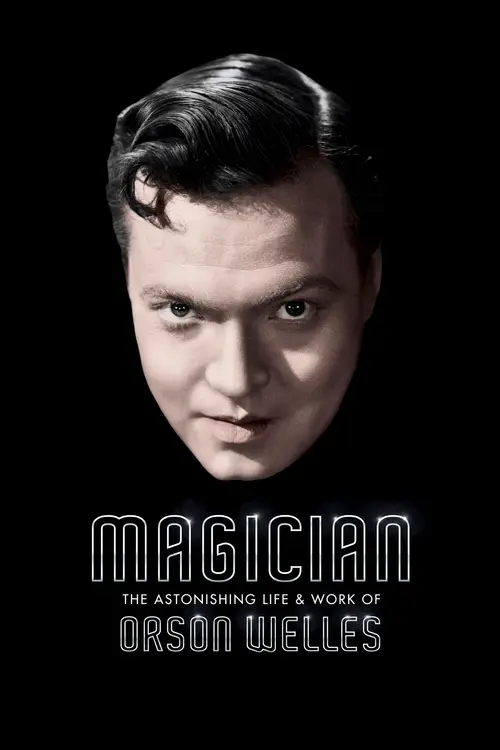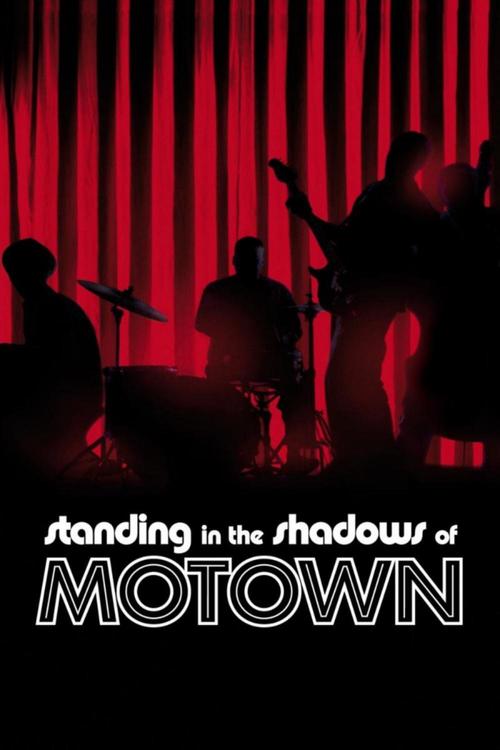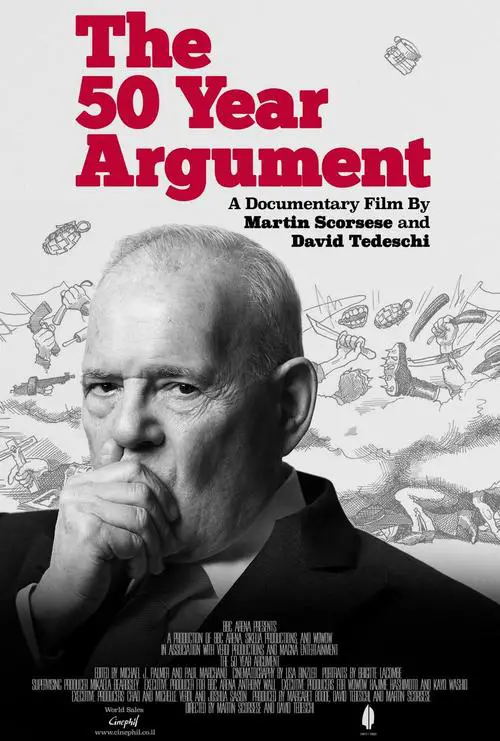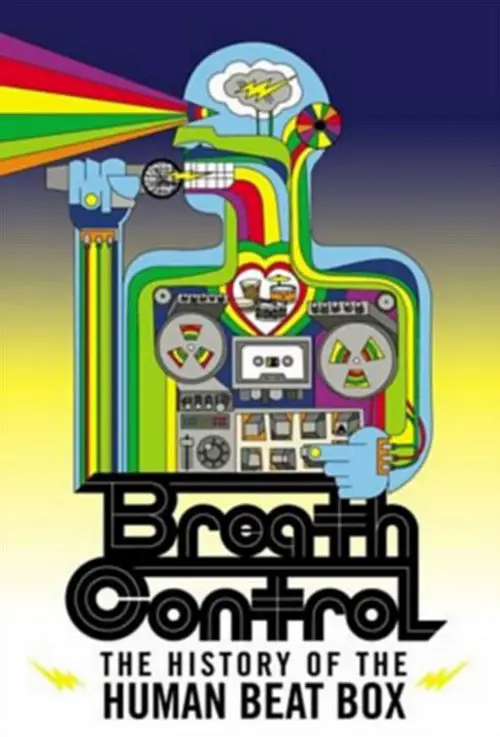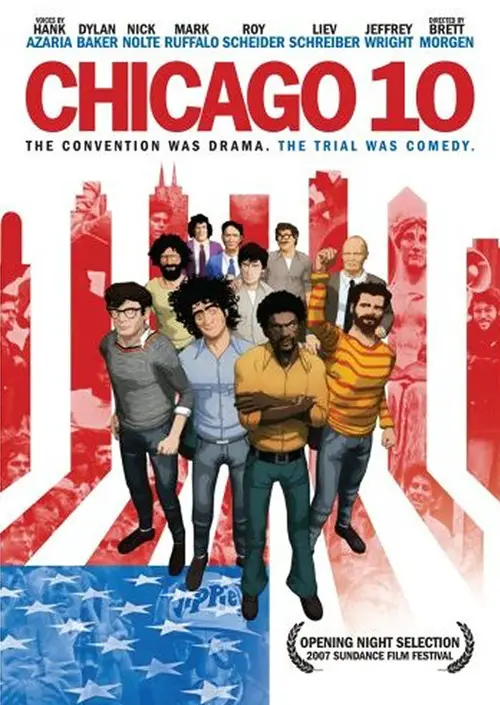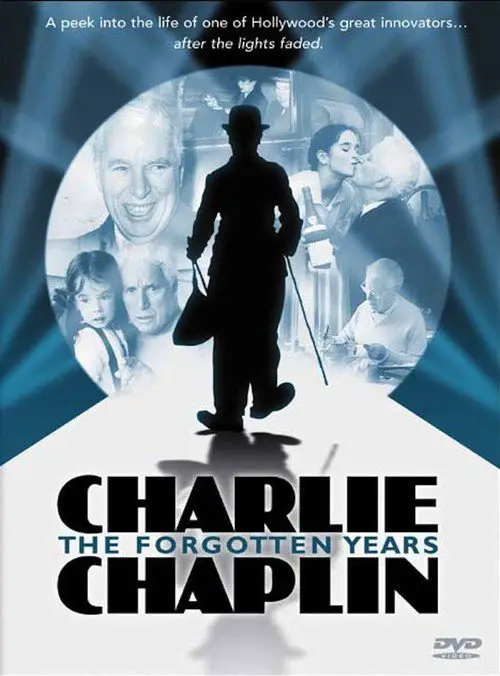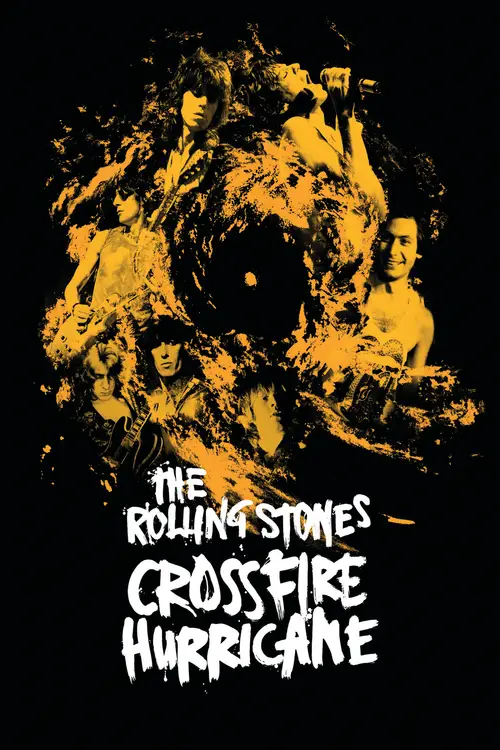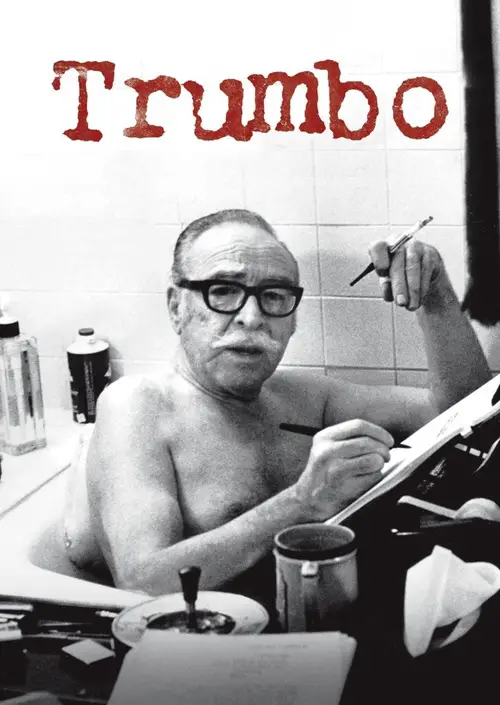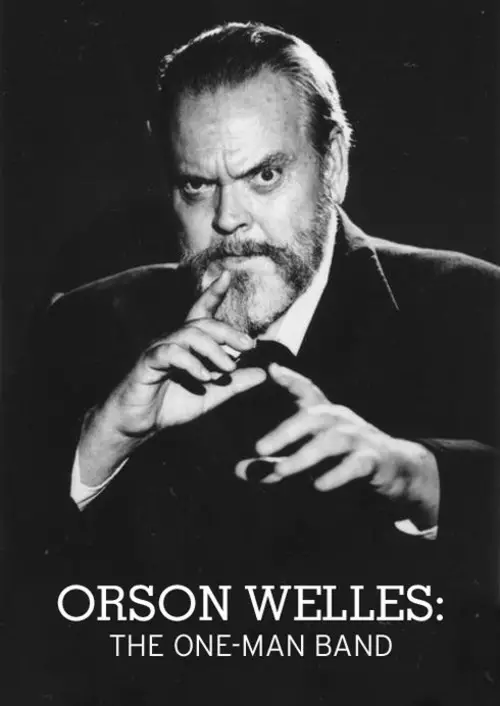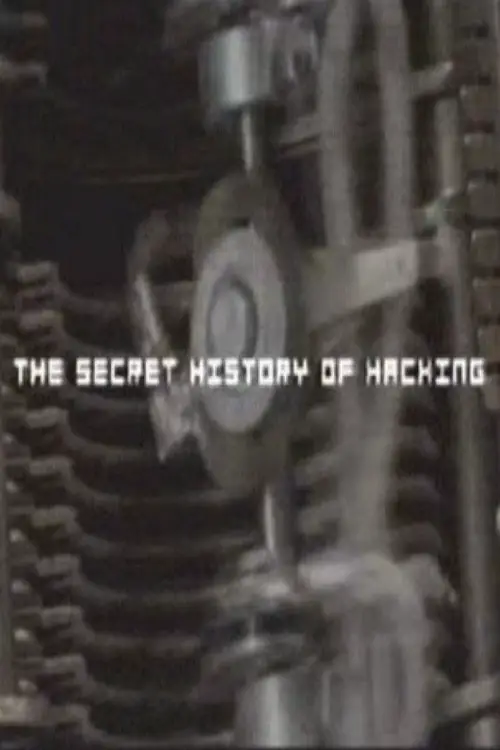The Captains of The Final Frontier (2010)
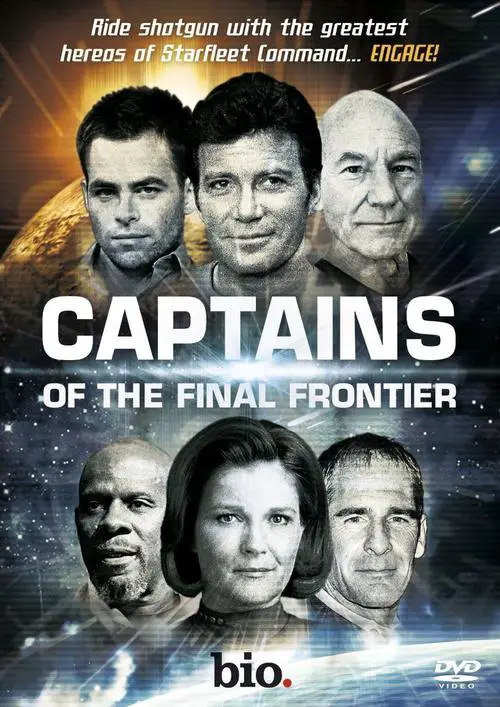
Similar movies
This historical and critical look at slasher films, which includes dozens of clips, begins with "Halloween," "Friday the 13th," and "Prom Night." The films' directors, writers, producers, and special effects creators comment on the films' making and success. During the Reagan years, the films get gorier, budgets get smaller, and their appeal wanes. Then, "Nightmare on Elm Street" revives the genre. Jump to the late 90s, when "Scream" brings humor and TV stars into the mix. Although some criticize the genre as misogynistic (Siskel and Ebert), most of the talking heads celebrate the films: as long as there are teenagers, there will be slasher films, says one.
Using a variety of cinematographic techniques, the world of high- profile fashion designer Issac Mizrahi is portrayed as being driven by excitement and creativity, despite the concomitant chaos and cacophony. Mizrahi's frenzied genius and rollercoaster emotions paint a humorous and personal portrait of a brilliant designer. Famous "SuperModels", actors, and actresses populate Issac's rarified world, but Douglas Keeve's cameras capture the stress and turbulence beneath the placid coolness of glamour. Written by Tad Dibbern
Since the invention of cinema, the standard format for recording moving images has been film. Over the past two decades, a new form of digital filmmaking has emerged, creating a groundbreaking evolution in the medium. Keanu Reeves explores the development of cinema and the impact of digital filmmaking via in-depth interviews with Hollywood masters, such as James Cameron, David Fincher, David Lynch, Christopher Nolan, Martin Scorsese, George Lucas, Steven Soderbergh, and many more.
EN VIVO! was filmed on April 10, 2011, in front of over 50,000 ecstatic fans at the Estadio Nacional, Santiago, during the Round The World In 66 Days leg of The Final Frontier World Tour, and captures a magnificent performance by the band, ardently embraced by the legendary Latino passion and energy of their Chilean fans. With spectacular stage backdrops, dynamic musicianship and a literally jaw-dropping appearance by Eddie, this live show encapsulates to perfection the heart and soul of Iron Maiden 2011.
When "Star Trek" first aired in 1966, it expanded the viewers' imaginations about what was possible in their lifetimes. Today, many of the space-age technologies displayed on the show, like space shuttles, cell phones, and desktop computers, have already gone from science fiction to science fact. Other innovations, like warp drive, teleportation, and medical tricorders are actively in development. Join us as we celebrate the 50th Anniversary of "Star Trek" - a show that continues to inform, enrich, and inspire.
The Captains Summit documents the first time in Star Trek history that four stars who at some point have played Captains in Star Trek (William Shatner, Patrick Stewart, Leonard Nimoy, Jonathan Frakes) have been brought together for a 70-minute rare and unprecedented round table event. Whoopi Goldberg, star of Star Trek: The Next Generation, hosts the event.
Few TV series inspire devotion and loyalty the way star trek has, the classic sci-fi show has millions of dedicated followers around the world, with many more than just fans -they are "Trekkers" the most committed enthusiasts. In this fascinating programme we discover from the Trekkers themselves what inspires them and what motivates their love for Gene Roddenberrys timeless creation. Plus we are treated to excerpts from the starship Intrepid and go behind the scenes of the fans-made films to see how a hardy band of trekkers create their own installments, costumes make-up scenery acting and filming.
A star-studded tribute to Star Trek on its 30th anniversary, hosted by many of the stars and guest stars from all of the Trek series and movies. Also features a huge number of clips from all of the series and movies. At the end, real-life astronauts Aldrin and Jemison present NASA award plaques to the cast members.
There are limits to jokes? What is the politically incorrect humor? A joke has the power to offend? It is these issues that 'Laughter of Others' discusses interviewing personalities such as comedians Danilo Gentili and Rafinha Bastos, cartoonist Laerte and Congressman Jean Wyllys, among others. The documentary delves into the world of Stand Up Comedy to discuss the fine line between comedy and offense, between legal and what creates endless lawsuits.
âShowrunnersâ is the first ever feature length documentary film to explore the fascinating world of US television showrunners and the creative forces aligned around them. These are the people responsible for creating, writing and overseeing every element of production on one of the United Stateâs biggest exports â television drama and comedy series. Often described as the most complex job in the entertainment business, a showrunner is the chief writer / producer on a TV series and, in most instances, the showâs creator. Battling daily between art and commerce, showrunners manage every aspect of a TV showâs development and production: creative, financial and logistical.
A documentary about the legendary series of nationally televised debates in 1968 between two great public intellectuals, the liberal Gore Vidal and the conservative William F. Buckley Jr. Intended as commentary on the issues of their day, these vitriolic and explosive encounters came to define the modern era of public discourse in the media, marking the big bang moment of our contemporary media landscape when spectacle trumped content and argument replaced substance. Best of Enemies delves into the entangled biographies of these two great thinkers and luxuriates in the language and the theater of their debates, begging the question, 'What has television done to the way we discuss politics in our democracy today?'
n Scénario du film Passion, Godard constructs a lyrical study of the cinematic and creative process by deconstructing the story of his 1982 film Passion. âI didnât want to write the script,â he states, âI wanted to see it.â Positioning himself in a video editing suite in front of a white film screen that evokes for him the âfamous blank page of Mallarmé,â Godard uses video as a sketchbook with which to reconceive the film. The result is a philosophical, often humorous rumination on the desire and labor that inform the conceptual and image making process of the cinema. âeai.org
Documentary about the lifelong project of Troy Hurtubise, a man who has been obsessed with researching the Canadian grizzly bear up close, ever since surviving an early encounter with such a bear. The film documents Hurtubise's diligent work to improve his homemade "grizzly-proof" suit of armour, his efforts to test its resilience, and his forays into the Rockies to track down the grizzlies he dreams of meeting. The film manages to capture the humor of the project as well as its sincerity.
The validity of ancient prophecy has been debated for centuries and is one of the most controversial subjects in the world today. Join Ronnie Cohen as you go on an epic journey to uncover the secrets behind Middle Eastern prophecy and discover shocking statistical evidence that proves there is more to Biblical history than many believe. Shocking new research reveals that the prophecies foretelling frightening global changes that could usher in a period tribulation and death may be more plausible than many believe. No matter your belief system, the findings presented within this film may change your view of prophecy forever!
By night Recife looks like an attractive city. The documentary "The Little Prince's Rap Against the Wicked Souls" begins with a montage sequence of Recife at night. However, by day, we soon learn, Recife is crime ridden. At one point one of the subjects of the film tells us that it is statistically the fourth worst city in the world to live in. The film focuses on two young male inhabitants of Recife who have both reacted strongly to their situation. One has become a drummer in a rap/rock band. The other has killed forty-four people and is now in jail. Both use the term "Wicked Souls" to describe their enemies. Little Prince's Rap Against the Wicked Souls is a fascinating study of how people view the world they live in, and how they react to it.
Since 1912, baseball has been a game obsessed with statistics and speed. Thrown at upwards of 100 miles per hour, a fastball moves too quickly for human cognition and accelerates into the realm of intuition. Fastball is a look at how the game at its highest levels of achievement transcends logic and even skill, becoming the primal struggle for man to control the uncontrollable.
We call them by a hundred different names: boobs, knockers, jugs, hooters. We wonder if they're real or fake, too small or too big, too exposed or too covered. And every year Americans spend millions of dollars on breast enhancement, from push-up bras to surgery. Why is our culture so captivated by this particular part of the female form? "Boobs: An American Obsession" is a revealing, humorous, often poignant investigation involving everyone from anthropologists to porn stars as we explore our culture's fascination with breasts.
The film MISS REPRESENTATION exposes how American youth are being sold the concept that women and girlsâ value lies in their youth, beauty and sexuality. Explores the under-representation of women in positions of power and influence in America, and challenges the media's limited portrayal of what it means to be a powerful woman. Itâs time to break that cycle of mistruths.
The Guinness World of Records contains the most bizarre human achievements imaginable. But who are the crazy people behind the feats? From the grape catchers, to the hula hoopers and the âjogglersâ, this humorous, but strikingly insightful documentary introduces us to the colourful characters who devote their lives to the oddest frontiers of human excellence. A delightfully eccentric human odyssey that is not to be missed.
When National Geographic photographer James Balog asked, âHow can one take a picture of climate change?â his attention was immediately drawn to ice. Soon he was asked to do a cover story on glaciers that became the most popular and well-read piece in the magazine during the last five years. But for Balog, that story marked the beginning of a much larger and longer-term project that would reach epic proportions.
The hottest summer in years: Meteorologist Jan returns from Oklahoma, where he has studied twisters up close, after faring a traumatic catastrophe during his dangerous research. Back in Berlin, he comes to face with his past and his ex-girlfriend Eva, who he had left behind. He clashes with his father, head of the local weather institute, and only his blind sister Sophie still seems to trust him. But no longer is Jan in town that an unusual cold front approaches the city. Immediately Jan recognizes the familiar warning signs of impending doom. He tries to alert the officials, but is ignored by both his father and the government. He is later proven right, and a tornado devastates Berlin. Jan tries to save the people he loves so dearly, even if it means sacrificing his own life
Though several actors portray Elvis Presley at different stages of his life, this documentary is comprised mostly of actual performance footage and interviews with Elvis, his fans and those close to him. This biographical docu-drama features rare footage of Elvis and dramatically recreated scenes from Elvis' life.
¡Qué viva México! is a film project begun in 1930 by the Russian avant-garde director Sergei Eisenstein (1898-1948). It would have been an episodic portrayal of Mexican culture and politics from pre-Conquest civilization to the Mexican revolution. Production was beset by difficulties and was eventually abandoned. Jay Leyda and Zina Voynow call it his "greatest film plan and his greatest personal tragedy".
Portrays the lives of nine desperate teenagers. Thrown too young into a seedy grown up world, these runaways and castaways survive, but just barely. Rat, the dumpster diver. Tiny, the teen prostitute. Shellie, the baby-faced blonde. DeWayne, the hustler. All old beyond their years. All underage survivors fighting for life and love on the streets of downtown Seattle.
American: The Bill Hicks Story is a biographical documentary film on the life of comedian Bill Hicks. The film was produced by Matt Harlock and Paul Thomas, and features archival footage and interviews with family and friends, including Kevin Booth. The filmmakers used a cut-and-paste animation technique to add movement to a large collection of still pictures used to document events in Hicks' life. The film made its North American premiere at the 2010 South by Southwest Film Festival. The film was nominated for a 2010 Grierson British Documentary Award for the "Most Entertaining Documentary" category. It was also nominated for Best Graphics and Animation category in the 2011 Cinema Eye Awards. Awards won include The Dallas Film Festivals Texas Filmmaker Award, at Little Rock The Oxford American's Best Southern Film Award, and Best Documentary at the Downtown LA Film Festival. On Rotten Tomatoes, 81% of the first 47 reviews counted were rated positive.
IN THE SHADOW OF THE MOON combines archival material from the original NASA film footage, much of it never before seen, with interviews with the surviving astronauts, including Jim Lovell, Dave Scott, John Young, Gene Cernan, Mike Collins, Buzz Aldrin, Alan Bean, Edgar Mitchell, Charlie Duke and Harrison Schmitt. The astronauts emerge as eloquent, witty, emotional and very human.
A documentary film that explores the early Boston Hardcore music scene from the years 1981 through 1984. This film delves into the social and communal aspects of that particular era. The community, culture, straight edge and DIY (do it yourself) ethic of the time are all explored in the film. Never before seen archival footage, photographs, interviews and dramatizations make up the body of the film. Bands included are SS Decontrol, DYS, Gang Green, The FU's, Jerry's Kids, Negative FX, The Freeze, and more.
Birth Story: Ina May Gaskin and The Farm Midwives captures a spirited group of women who taught themselves how to deliver babies on a 1970s hippie commune. Today as nearly one third of all US babies are born via C-section, they fight to protect their knowledge and to promote respectful, safe maternity practices all over the globe. From the backs of their technicolor school buses, these pioneers rescued American midwifery from extinction, changed the way a generation approached pregnancy, and filmed nearly everything they did. With unprecedented access to the midwives' archival video collection, as well as modern day footage of life at the alternative intentional community where they live, this documentary shows childbirth the way most people have never seen it--unadorned, unabashed, and awe-inspiring.
St. Louis, 1986. For Chuck Berry's 60th, Keith Richards assembles a pickup band of Robert Cray, Joey Spampinato, Eric Clapton, himself, and long-time Berry pianist Johnnie Johnson. Joined on stage by Etta James, Linda Ronstadt, and Julian Lennon, Berry performs his classic rock songs. His abilities as a composer, lyricist, singer, musician, and entertainer are on display and, in behind-the-scenes interviews, are discussed by Bo Diddley, Little Richard, Jerry Lee Lewis, Bruce Springstein, the Everly Brothers, Roy Orbison, and others. There's even a rarity for Berry, a rehearsal. Archival footage from the early 1950s and a duet with John Lennon round out this portrait of a master.
In 1959, Berry Gordy Jr. gathered the best musicians from Detroit's thriving jazz and blues scene to begin cutting songs for his new record company. Over a fourteen year period they were the heartbeat on every hit from Motown's Detroit era. By the end of their phenomenal run, this unheralded group of musicians had played on more number ones hits than the Beach Boys, the Rolling Stones, Elvis and the Beatles combined - which makes them the greatest hit machine in the history of popular music. They called themselves the Funk Brothers. Forty-one years after they played their first note on a Motown record and three decades since they were all together, the Funk Brothers reunited back in Detroit to play their music and tell their unforgettable story, with the help of archival footage, still photos, narration, interviews, re-creation scenes, 20 Motown master tracks, and twelve new live performances of Motown classics with the Brothers backing up contemporary performers.
Directed by acclaimed filmmaker Martin Scorsese and his longtime documentary collaborator David Tedeschi, A 50 Year Argument rides the waves of literary, political, and cultural history as charted by the The New York Review of Books, Americaâs leading journal of ideas for over 50 years. Provocative, idiosyncratic and incendiary, the film weaves rarely seen archival material, contributor interviews, excerpts from writings by such icons as James Baldwin, Gore Vidal, and Joan Didion along with original verité footage filmed in the Reviewâs West Village offices. Confrontation and original argument are in the Review's DNA - the magazine seems as vital now as when it was run by its indefatigable founding editors, Robert Silvers and the late Barbara Epstein. Co-produced with the BBC's award-winning Arena and shaped by Scorcese's vivid filmmaking style, The Fifty Year Argument captures the power of ideas in influencing history.
Using archival footage, United States Cabinet conversation recordings, and an interview of the eighty-five-year-old Robert McNamara, 'The Fog of War' depicts his life, from working as a WWII Whiz Kid military officer, to being the Ford Motor Company's president, to managing the American Vietnam War, as defense secretary for presidents Kennedy and Johnson.
The human beat box is one of the key elements in the development of Hip Hop culture, alongside Dj-ing, Graffiti, Breakdancing, and MC-ing. Unfortunately, its contribution has been largely overlooked, as has the fun, expressive, human, and spontaneous dimension of Hip Hop that it represents. Over 30 practitioners of this art form discuss their techniques and the evolution of their craft, through interviews, live performances, archival footage, and animation.
While silent-film star Charlie Chaplin may have charmed American audiences with the onscreen antics of his lovable "Tramp" character, the actor's private life was marred by a series of public scandals that eventually pushed him into exile. In addition to his penchant for much younger women, Chaplin was unjustly hounded by Senator Joe McCarthy's notorious anti-Communist witch hunts, for which the U.S. revoked his visa in 1952. A bitter and disenchanted Chaplin responded by moving his family to Switzerland, where he remained until his death in 1977. This documentary chronicles Chaplin's life and career during those so-called "forgotten years" (during which he became a prolific and highly respected film-score composer) through previously unreleased archival footage and intimate interviews with his friends and family, including his children Geraldine, Michael, and Eugene.
This film is released as part of the ongoing 50th anniversary celebration of the Rolling Stones. It tells the story of the Stones' unparalleled journey from blues obsessed teens in the early 60s to their undisputed status as rock royalty. All of the Stones have been newly interviewed and their words form the narrative arc that links together archive footage of performances, news coverage, and interviews, much of it previously unseen. Taking its title from a lyric in "Jumpin' Jack Flash," this film gives the viewer an intimate insight into exactly what it's like to be part of the Rolling Stones as they overcome denunciation, drugs, dissensions, and death to become the definitive survivors. Over a year in the making and produced with the full cooperation and involvement of the Stones, this film is and will remain the definitive story of the world's greatest rock 'n' roll band
Through a focus on the life of Dalton Trumbo (1905-1976), this film examines the effects on individuals and families of a congressional pursuit of Hollywood Communists after World War II. Trumbo was one of several writers, directors, and actors who invoked the First Amendment in refusing to answer questions under oath. They were blacklisted and imprisoned. We follow Trumbo to prison, to exile in Mexico with his family, to poverty, to the public shunning of his children, to his writing under others' names, and to an eventual but incomplete vindication. Actors read his letters; his children and friends remember and comment. Archive photos, newsreels and interviews add texture. Written by
The Secret History of Hacking is a 2001 documentary film that focuses on phreaking, computer hacking and social engineering occurring from the 1970s through to the 1990s. Archive footage concerning the subject matter and (computer generated) graphical imagery specifically created for the film are voiced over with narrative audio commentary, intermixed with commentary from people who in one way or another have been closely involved in these matters.
The Age of Stupid is the new movie from Director Franny Armstrong (McLibel) and producer John Battsek (One Day In September). Pete Postlethwaite stars as a man living alone in the devastated future world of 2055, looking at old footage from 2008 and asking: why didnât we stop climate change when we had the chance?
© Valossa 2015–2026
| Privacy Policy
